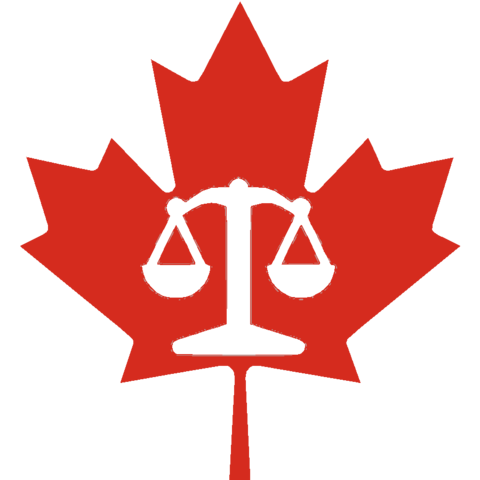1982: The Canada Act and the Patriation of the Canadian Constitution
On April 17, 1982, a momentous event took place in Canada’s history – the proclamation of the Canada Act. This event marked the patriation of the Canadian constitution from the United Kingdom, signifying a significant step towards Canada achieving full sovereignty.
The process of patriating the constitution had been a long and complex one, spanning several years of negotiations and political debates. Prior to 1982, Canada’s constitution was essentially an act of the British Parliament, meaning that any changes or amendments to it required the approval of the British government.
However, the desire for Canada to have full control over its own constitution had been growing for many years. The idea of patriation, or bringing the constitution under Canadian control, had been discussed as early as the 1920s. But it wasn’t until the 1970s that serious efforts were made to make it a reality.
In 1980, the Canadian government, led by Prime Minister Pierre Trudeau, introduced a set of proposals known as the “Constitutional Accord.” These proposals aimed to patriate the constitution and included the creation of a new amending formula that would allow Canada to make changes to its constitution without needing British approval.
The Constitutional Accord faced significant opposition from several provinces, particularly Quebec. The province of Quebec had its own distinct legal and cultural traditions and was concerned that patriation would undermine its autonomy and its ability to protect its French-speaking population.
Despite the opposition, negotiations continued, and in November 1981, an agreement was reached among the federal government and nine of the ten provinces (Quebec being the exception). This agreement, known as the “Canada Act,” set out the terms for patriating the constitution and included the new amending formula.
On April 17, 1982, Queen Elizabeth II, as the Queen of Canada, proclaimed the Canada Act in a ceremony on Parliament Hill in Ottawa. This proclamation officially brought the constitution under Canadian control and marked a defining moment in Canada’s history.
The Constitution Act, 1982 and the Charter of Rights and Freedoms
One of the most significant aspects of the Canada Act was the introduction of the Constitution Act, 1982. This act not only patriated the constitution but also included the Charter of Rights and Freedoms, a groundbreaking document that guarantees fundamental rights and freedoms for all Canadians.
The Charter of Rights and Freedoms is a vital part of Canada’s legal framework and has had a profound impact on the country’s society. It enshrines the rights and freedoms of individuals, including freedom of speech, freedom of religion, and the right to equality. It also includes provisions for minority language rights and the protection of Aboriginal rights.
The introduction of the Charter of Rights and Freedoms has fundamentally shaped Canada’s legal landscape, ensuring that all laws and government actions are subject to scrutiny and must align with the principles of the Charter. It has empowered individuals and groups to challenge laws and policies that infringe upon their rights and has played a crucial role in advancing equality and justice in Canada.
Legacy and Impact
The proclamation of the Canada Act and the introduction of the Constitution Act, 1982, have had a lasting impact on Canada. The patriation of the constitution symbolized Canada’s journey towards full sovereignty and marked a significant milestone in the country’s history.
The inclusion of the Charter of Rights and Freedoms in the Constitution Act, 1982, has had a profound and positive impact on the lives of Canadians. It has provided a framework for protecting individual rights and has played a vital role in shaping Canada’s identity as a democratic and inclusive society.
Since its proclamation, the Charter has been invoked in countless legal cases, ensuring that Canadians’ rights are upheld and protected. It has been instrumental in advancing social justice causes, including LGBTQ+ rights, reproductive rights, and the rights of marginalized communities.
The Canada Act and the Constitution Act, 1982, represent a pivotal moment in Canada’s history, one that solidified the country’s independence and commitment to democracy, justice, and equality. Today, these acts continue to shape the nation’s legal framework and serve as a reminder of the importance of safeguarding individual rights and freedoms.
For more information on the Canada Act and the Constitution Act, 1982, you can visit the following resources:
- Government of Canada – Constitution Act, 1982
- The Canadian Encyclopedia – Constitution Act, 1982
- Department of Justice Canada – Canadian Charter of Rights and Freedoms

